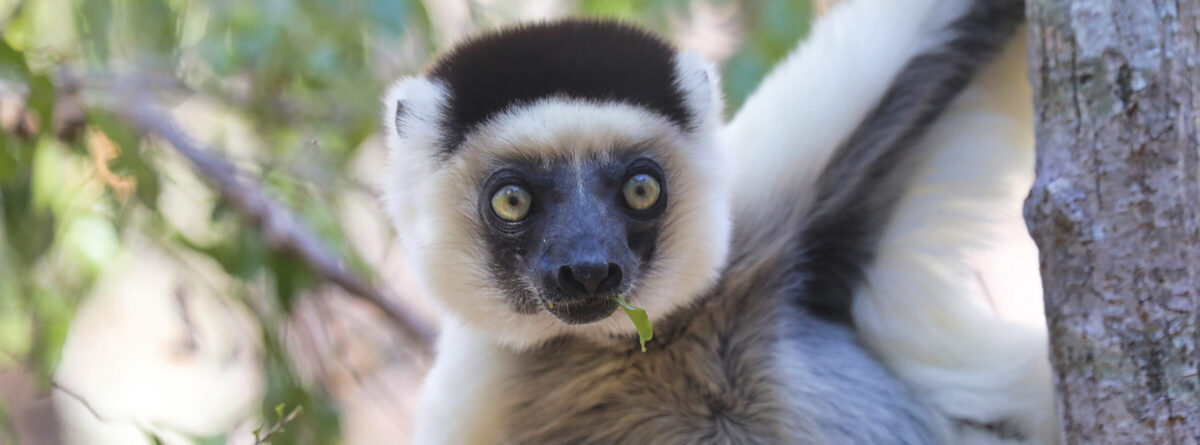The island nation of Madagascar is celebrated for its extraordinary biodiversity, characterized by remarkably high rates of endemicism; approximately 90% of its wildlife is unique to the island, making it an unique and irreplaceable treasure trove of biological richness. This includes a myriad of distinctive species, such as lemurs, chameleons, and a diverse range of plant life, all evolved within the island’s isolated and varied ecosystems.
However, Madagascar is also synonymous with loss, particularly the extinction of its largest animal species and the degradation of habitats. Conventional wisdom holds that the island was entirely forested before human settlement, with early settlers decimating most of these forests. This view, propagated in the early 20th century without concrete evidence, simplifies the island’s environmental history by neglecting the historical presence of grasslands and the archaeological record.
Alison Richard, a distinguished anthropologist, has challenged this traditional narrative of Madagascar’s environmental history by leveraging a growing body of research that suggests a more nuanced reality. In her recent book, “The Sloth Lemur’s Song: Madagascar from the Deep Past to the Uncertain Present,” Richard weaves a captivating story covering the island’s geological past to its current conservation challenges. Her work critically assesses the narratives of blame, stemming from colonial history, that have influenced perceptions of Madagascar’s environmental issues.
“Probably the single most important misconception is that Madagascar was totally covered by forest before people arrived and destroyed 90% of it,” Richard told Mongabay.”A practical consequence of the emphasis on forests is that, to my knowledge, only one protected area in the whole country explicitly includes grasslands as a habitat type in need of protection. That has to change.”
“The myths about Madagascar’s past also have a more subtle, pernicious impact because, taken together, they add up to a story of blame that was created during the first decades of colonial rule in the early 20th century: Madagascar was a paradise-on-earth until Malagasy people arrived and wantonly, ignorantly, wickedly (choose your adjective) destroyed it. Blame is a terrible foundation on which to build the international partnerships vital for the future – quite apart from the fact that, whatever happened, it was more complicated than the myths would have us believe.”

Richard’s insights are founded on 50 years of research on the sifaka lemur, Propithecus verreauxi, in southwestern Madagascar. Her study of this species, known for its ballet-like movements across open areas, has been instrumental in understanding primate social structures and biodiversity conservation. Alongside her academic pursuits, she has played a pivotal role in establishing and sustaining the Beza-Mahafaly Reserve.
Richard’s career extends beyond Madagascar. Away from Beza-Mahafaly’s dry forests, she has held significant administrative roles, serving as the provost of Yale University and later as the Vice Chancellor of the University of Cambridge. During her tenure at Cambridge, she implemented transformative changes and major policy reforms, leading to her recognition as a Dame Commander of the British Empire for her contributions to higher education.
Additionally, Richard has been a board member and advisor to various organizations, ranging from NGOs to philanthropic entities.
In a recent interview with Mongabay, Richard discussed her research and conservation efforts in Madagascar and beyond.

